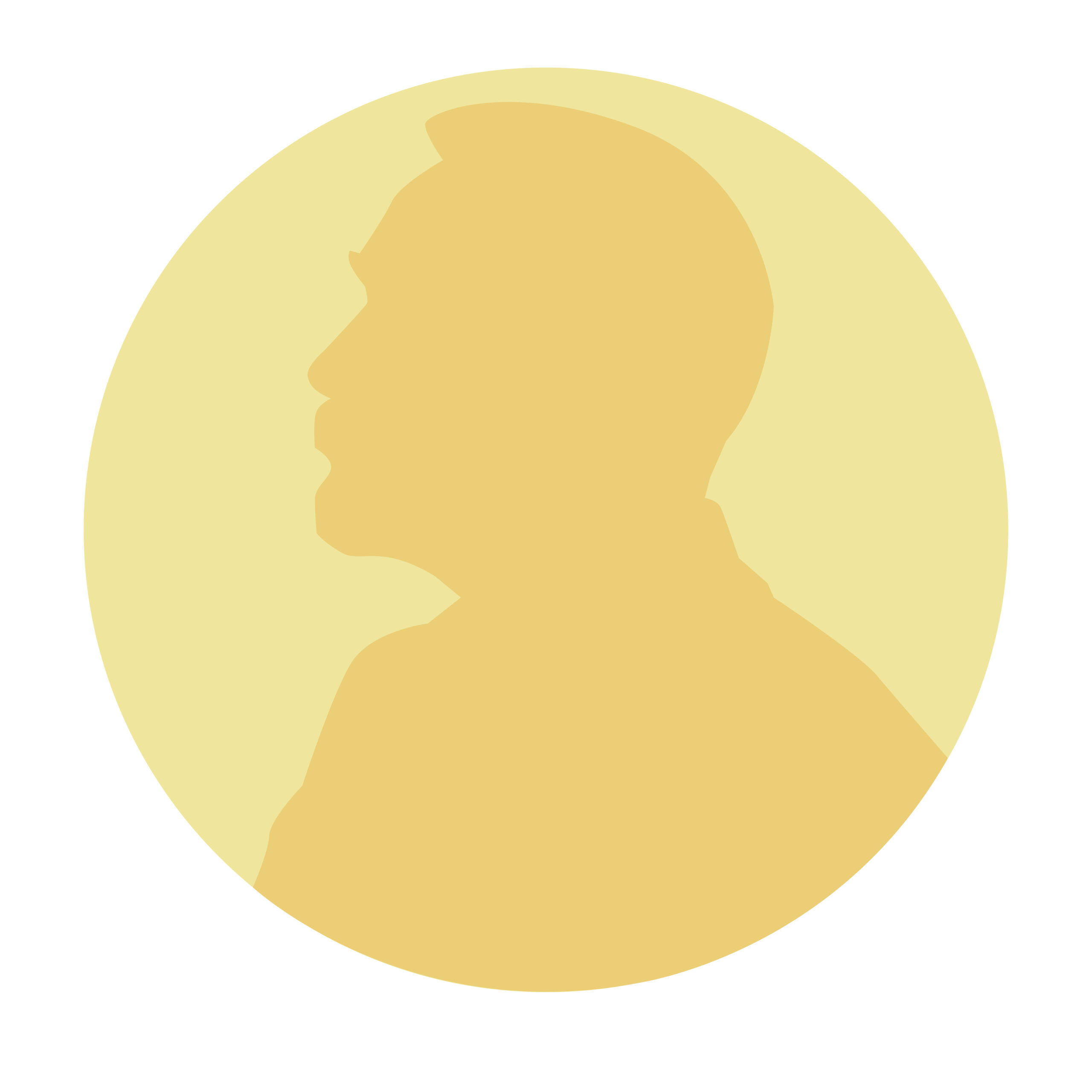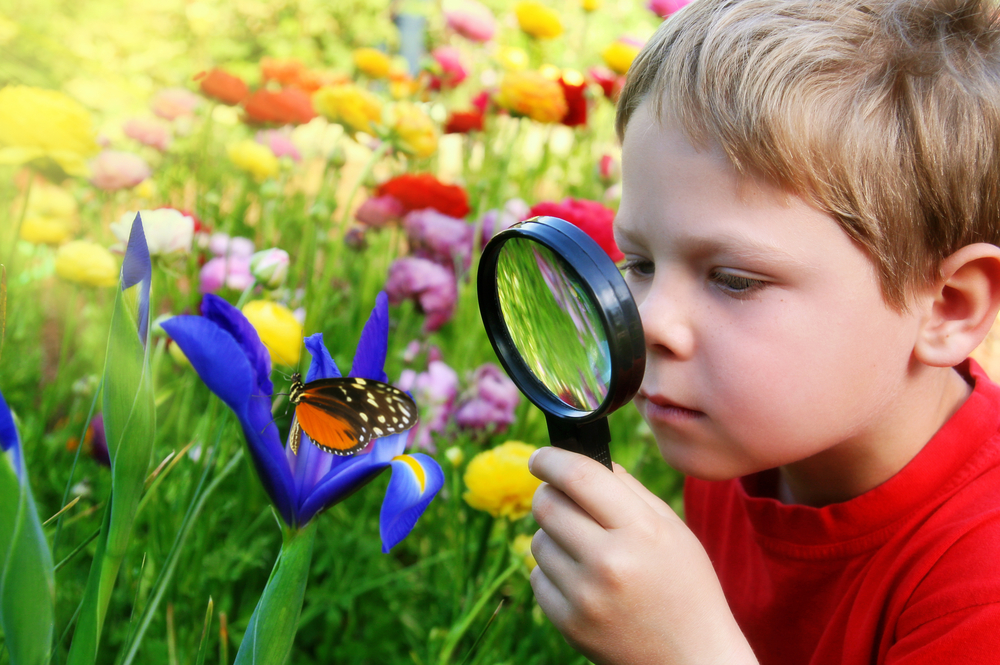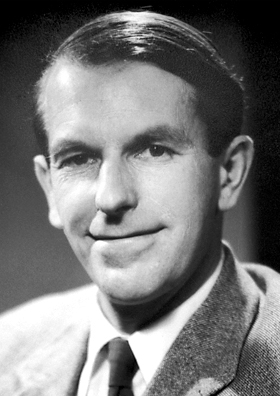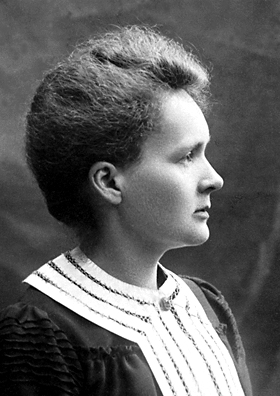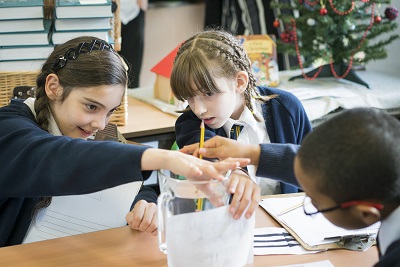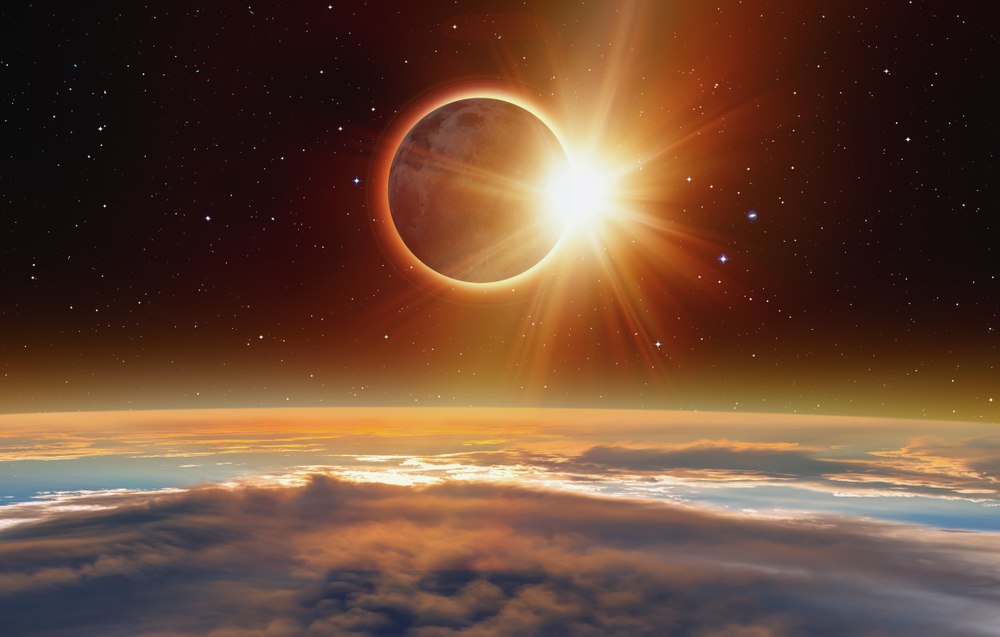
Chemical Anniversaries: 1868 – The element of the Sun
In August 1868 a total solar eclipse was predicted to cross India and Thailand. Astronomers from around the world travelled by land and sea to observe the Moon covering the Sun. Many were keen to use a new instrument, the spectroscope, to examine the Sun’s corona. Isaac Newton used a… Read More
